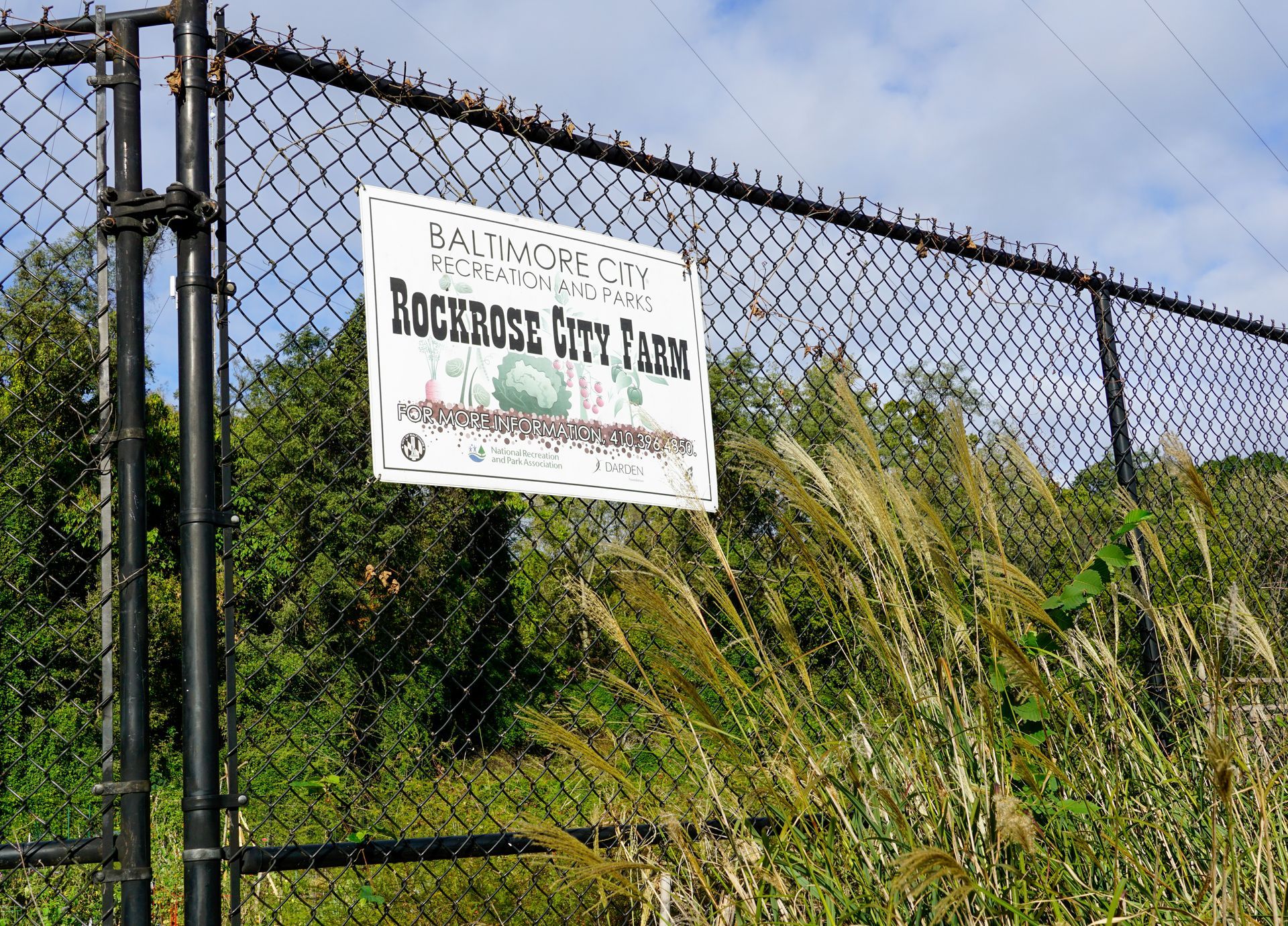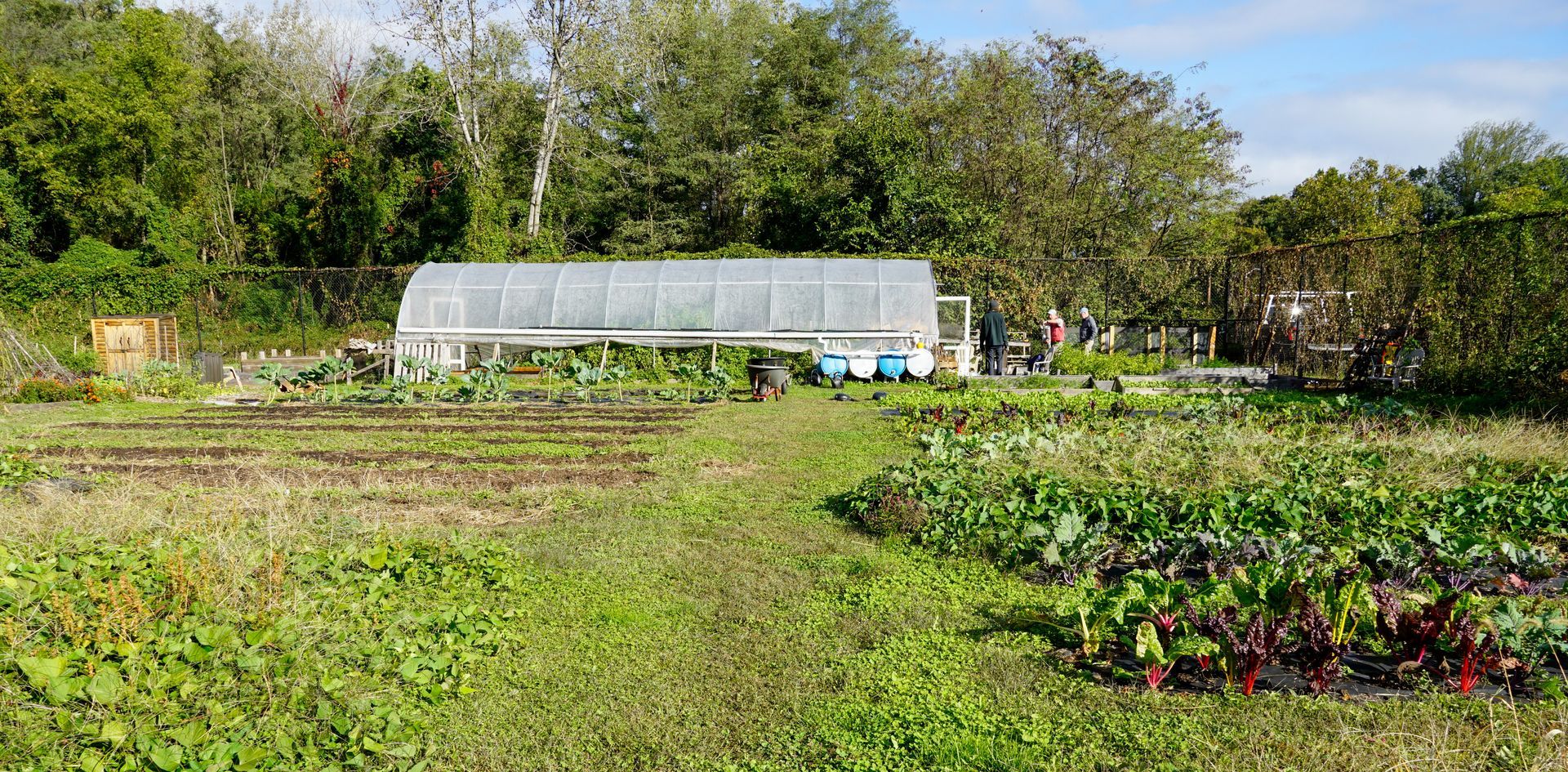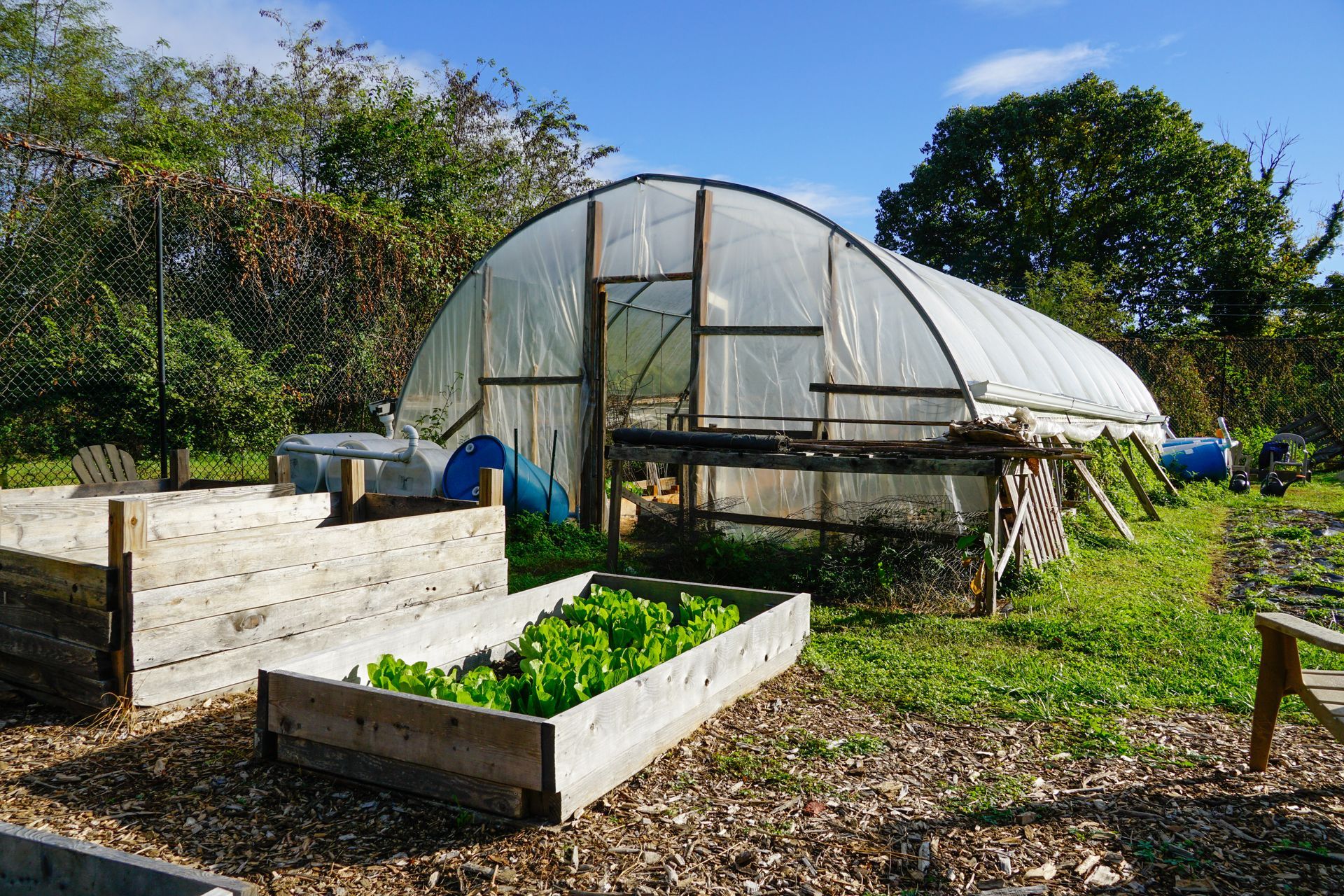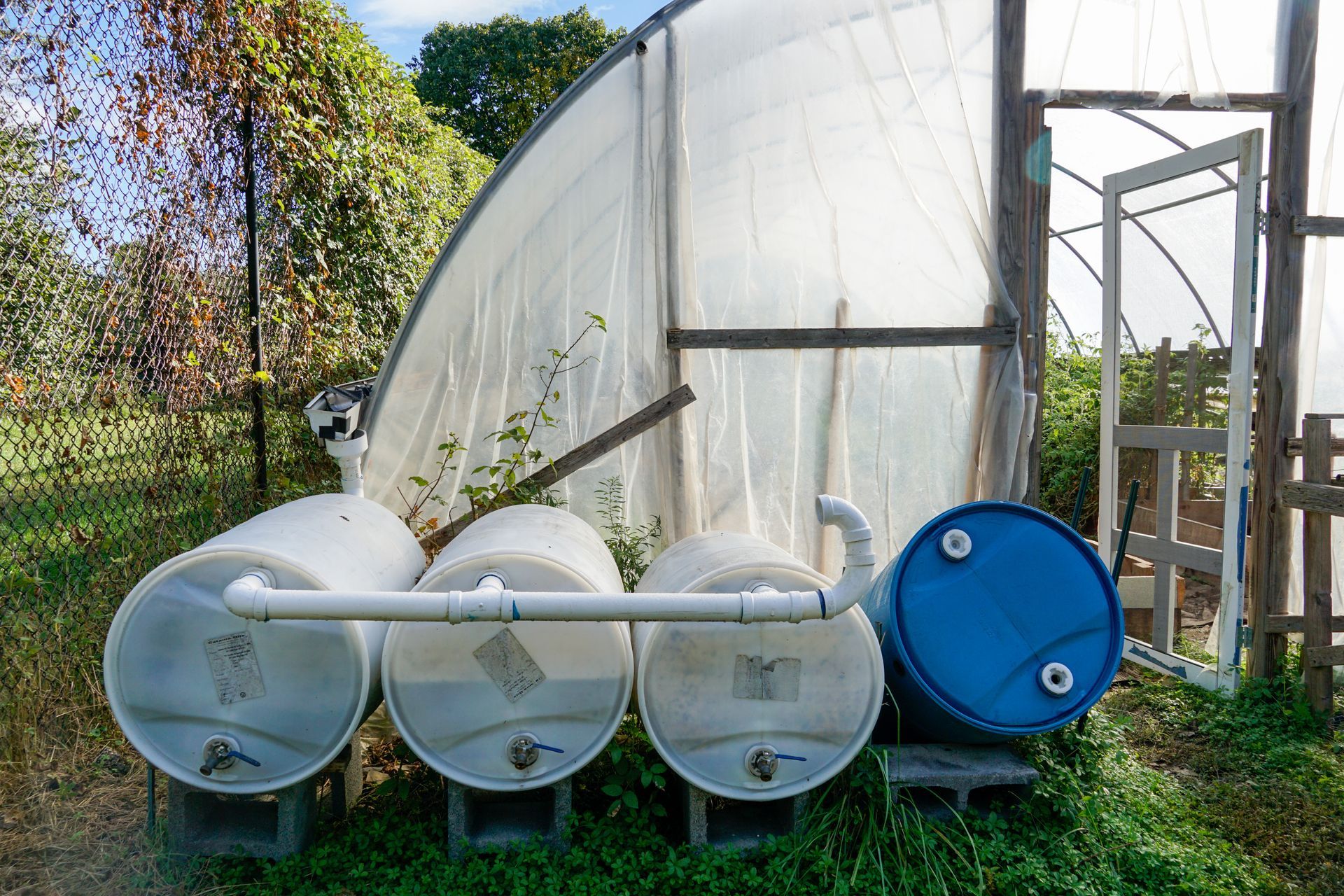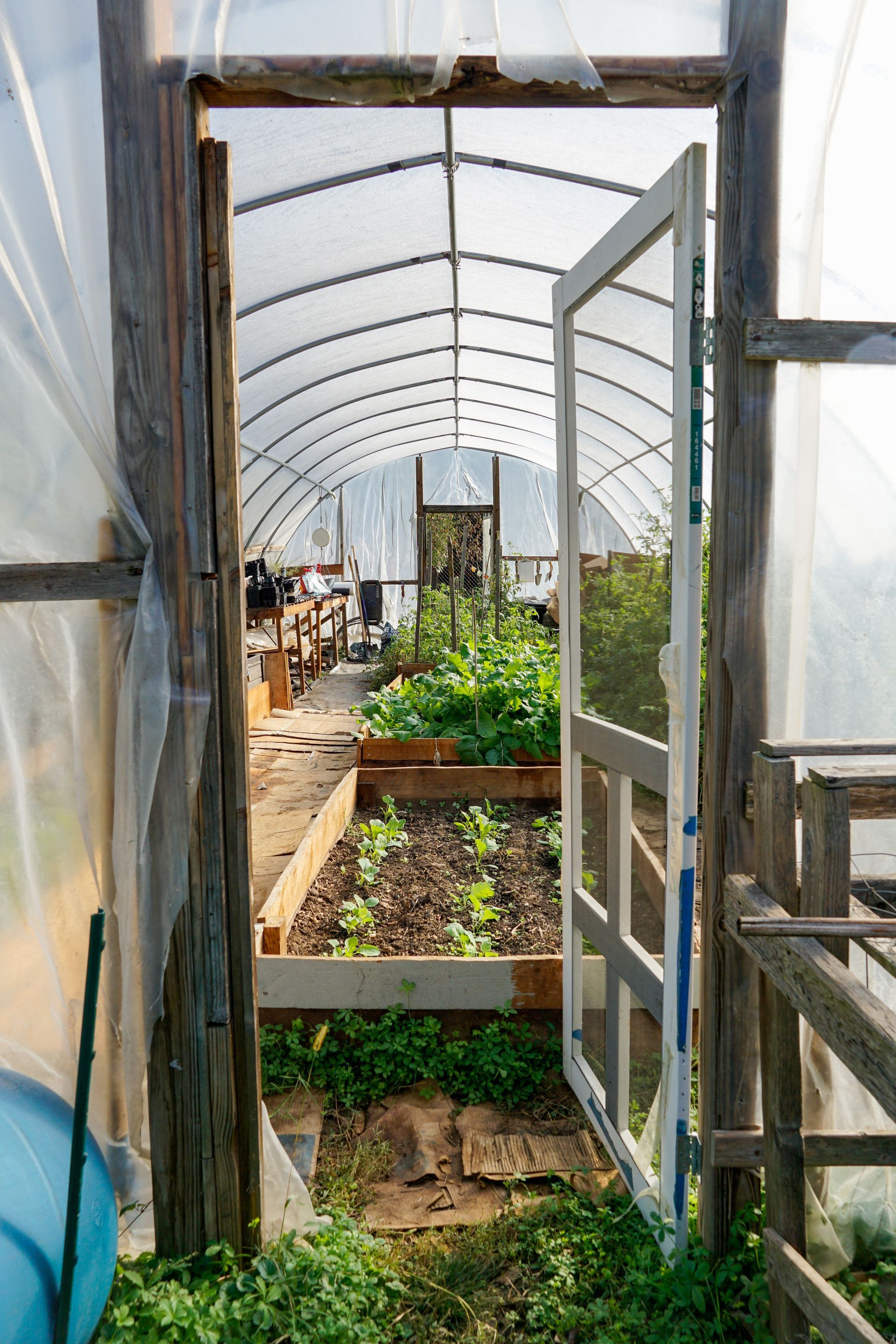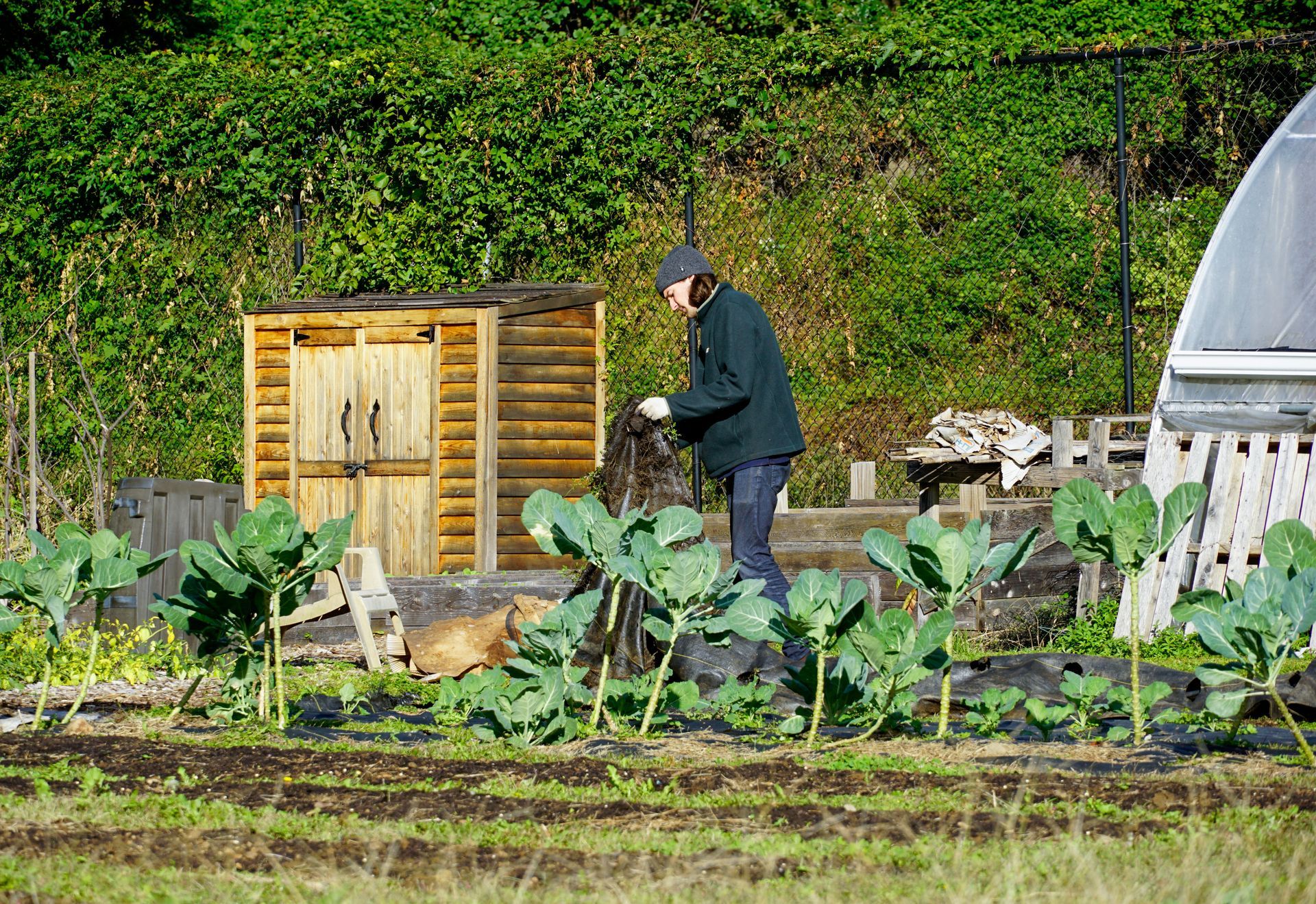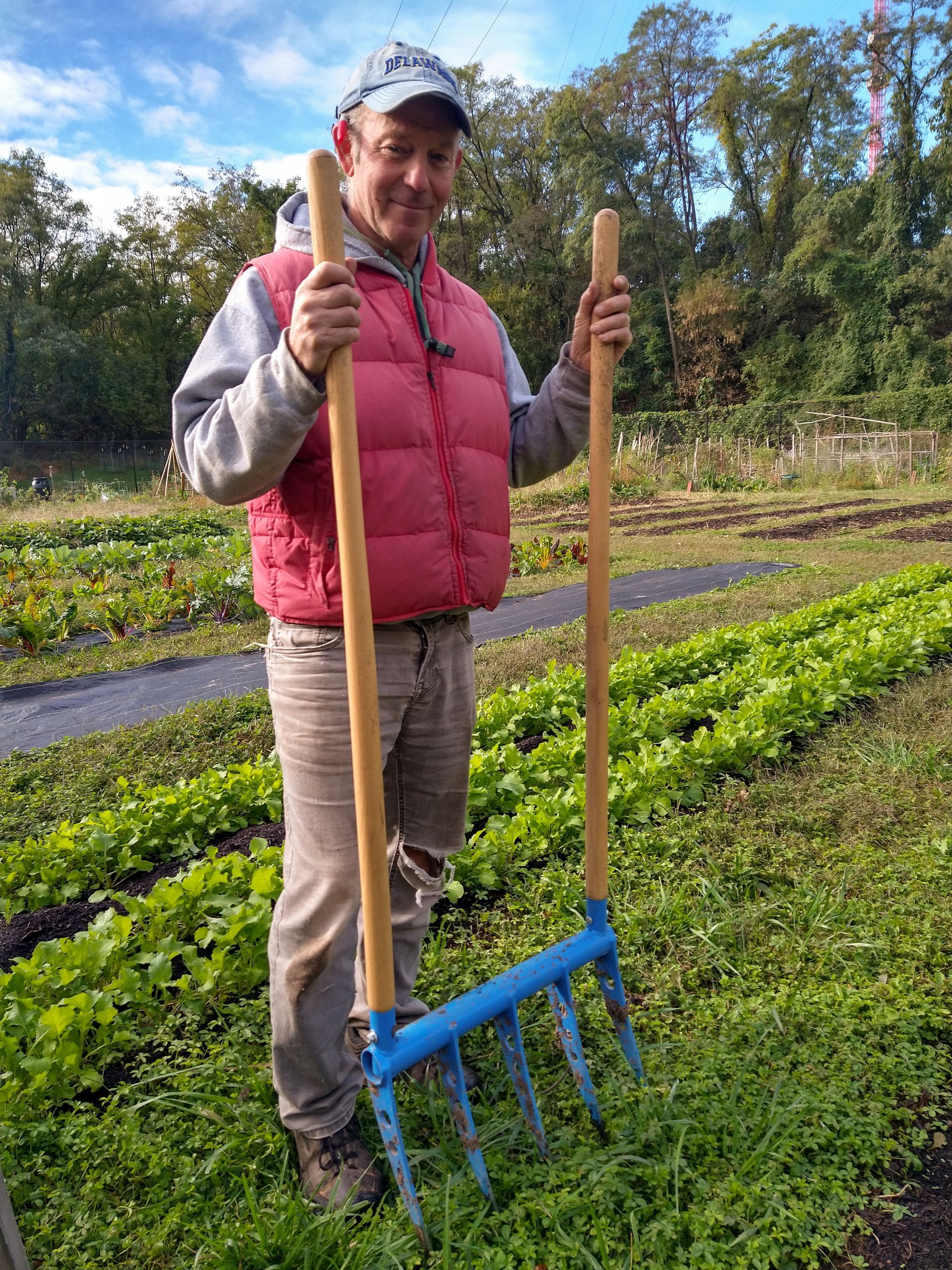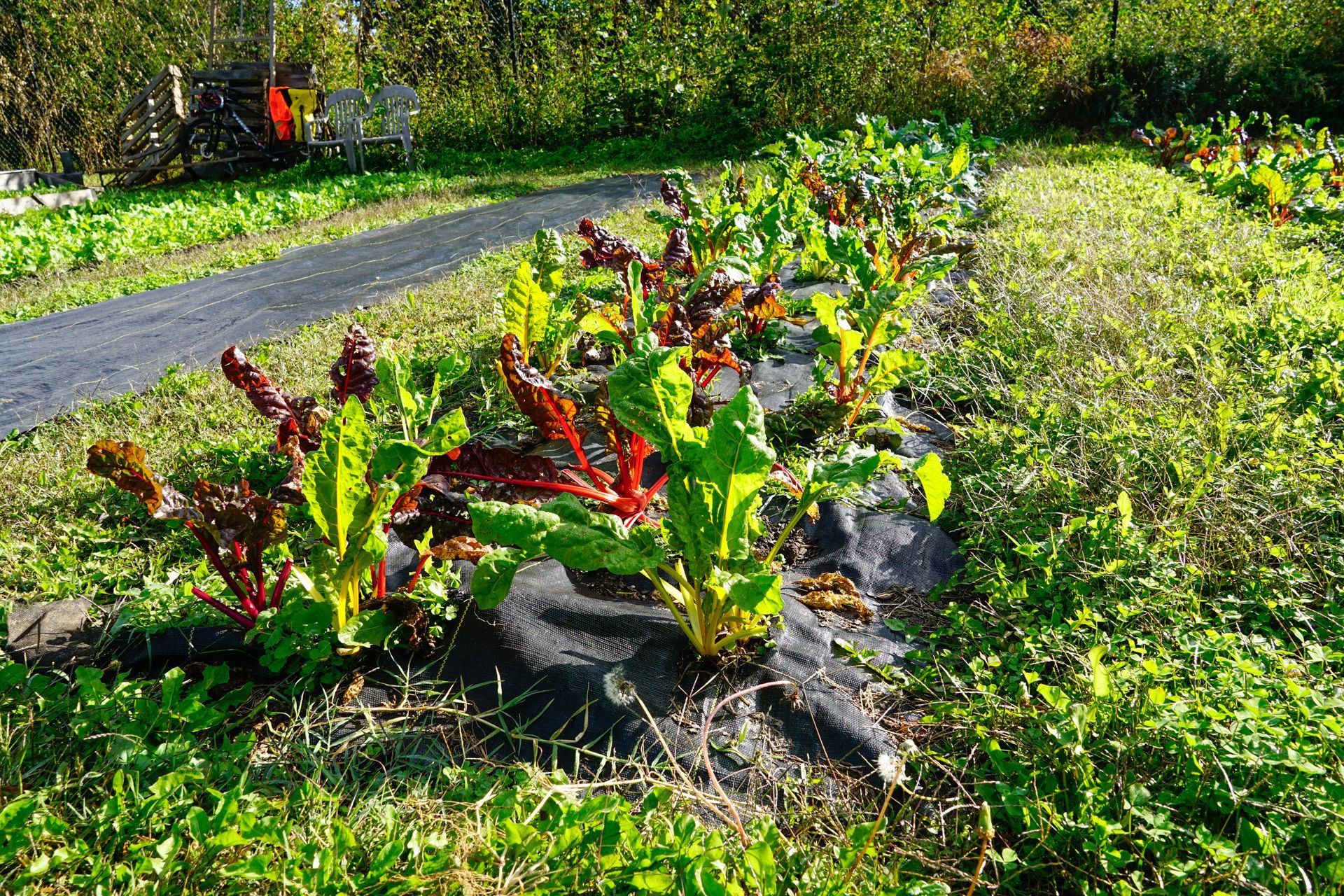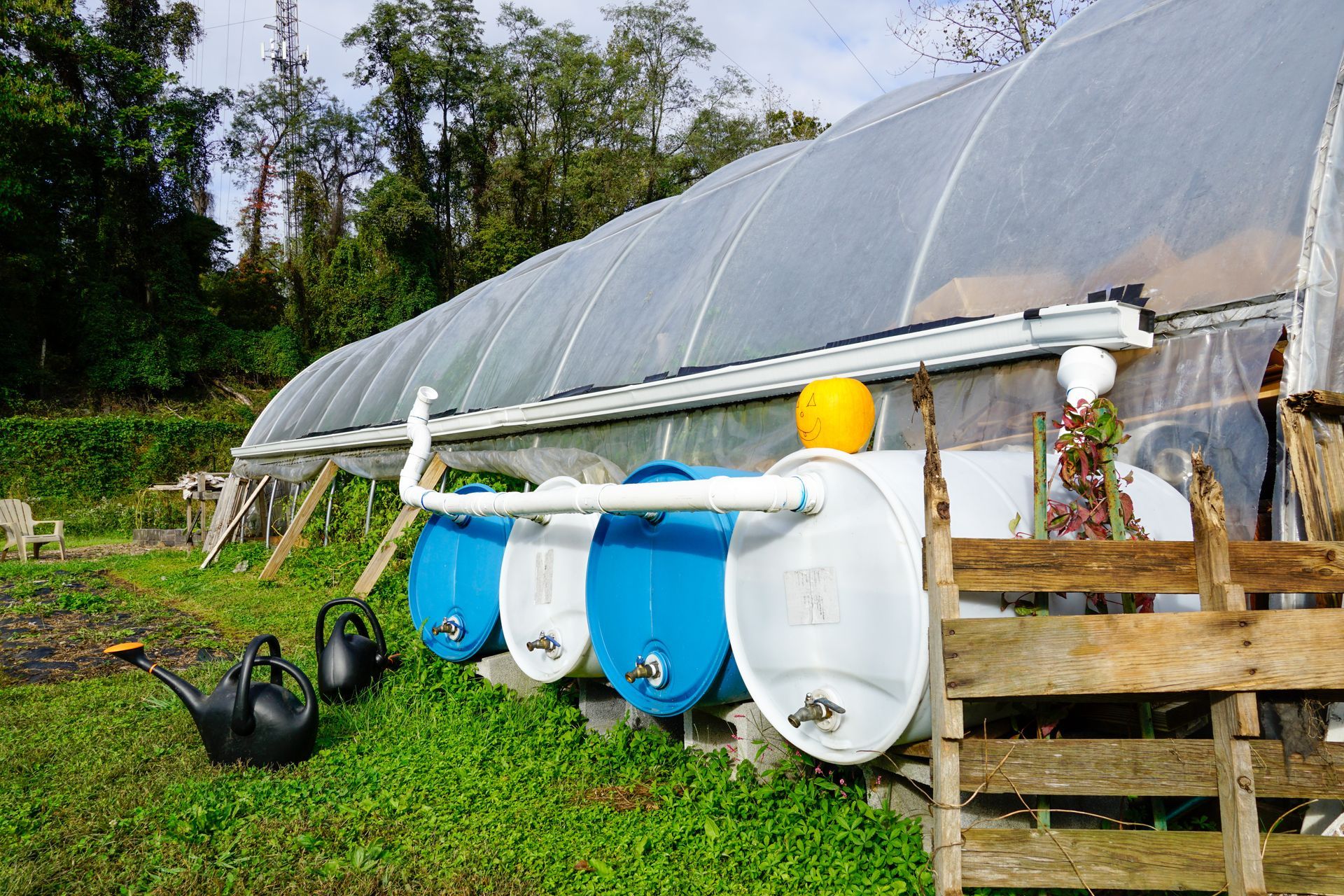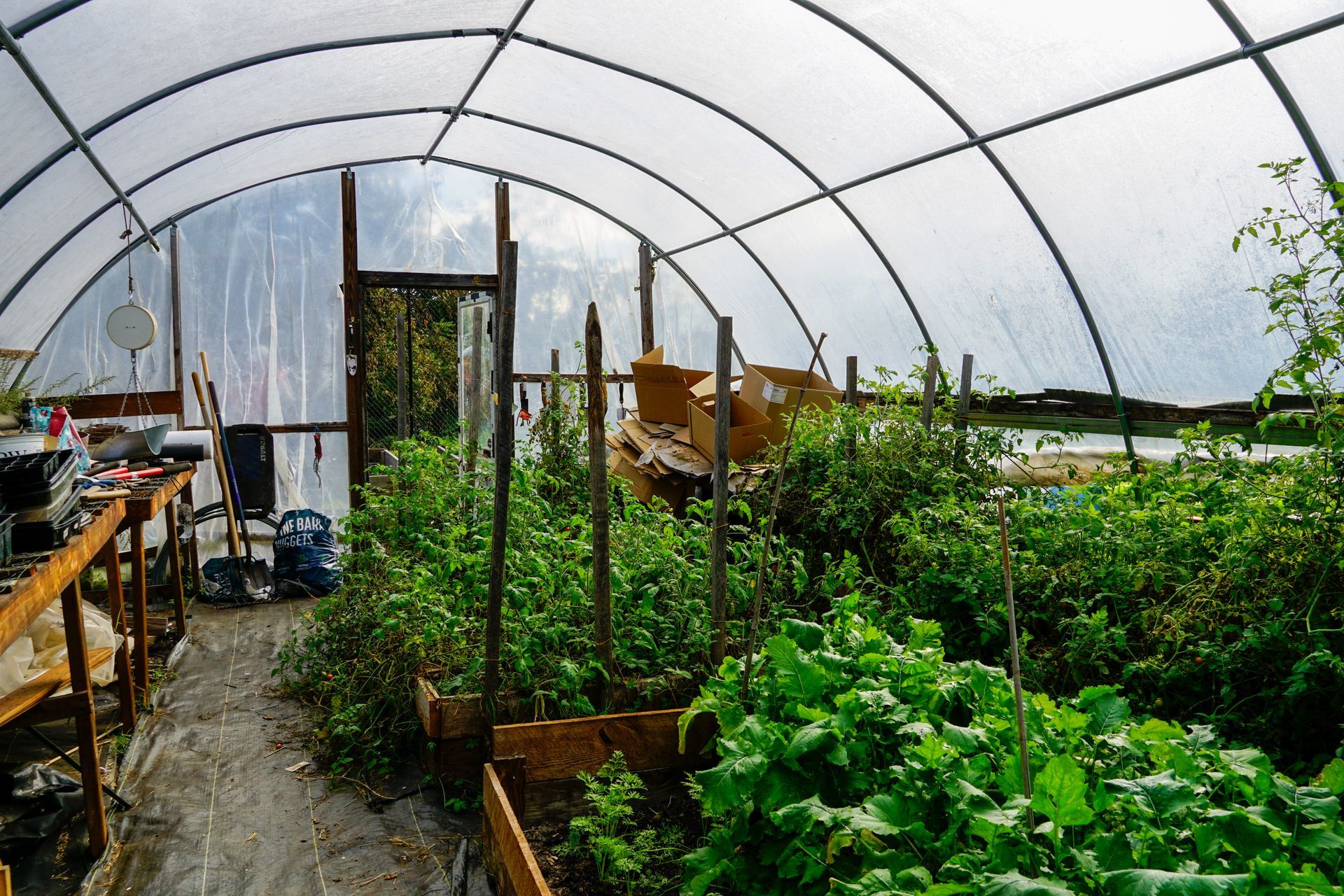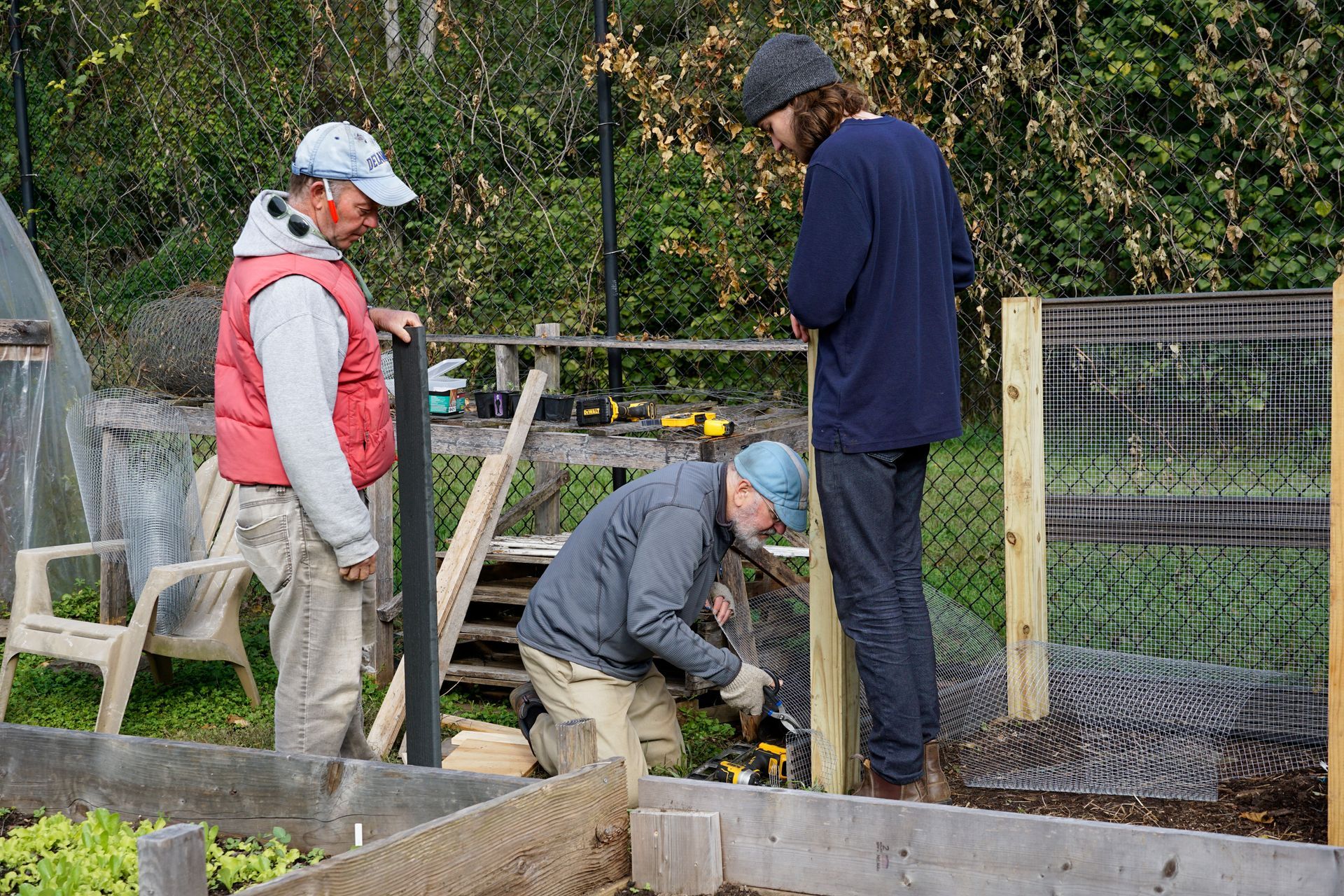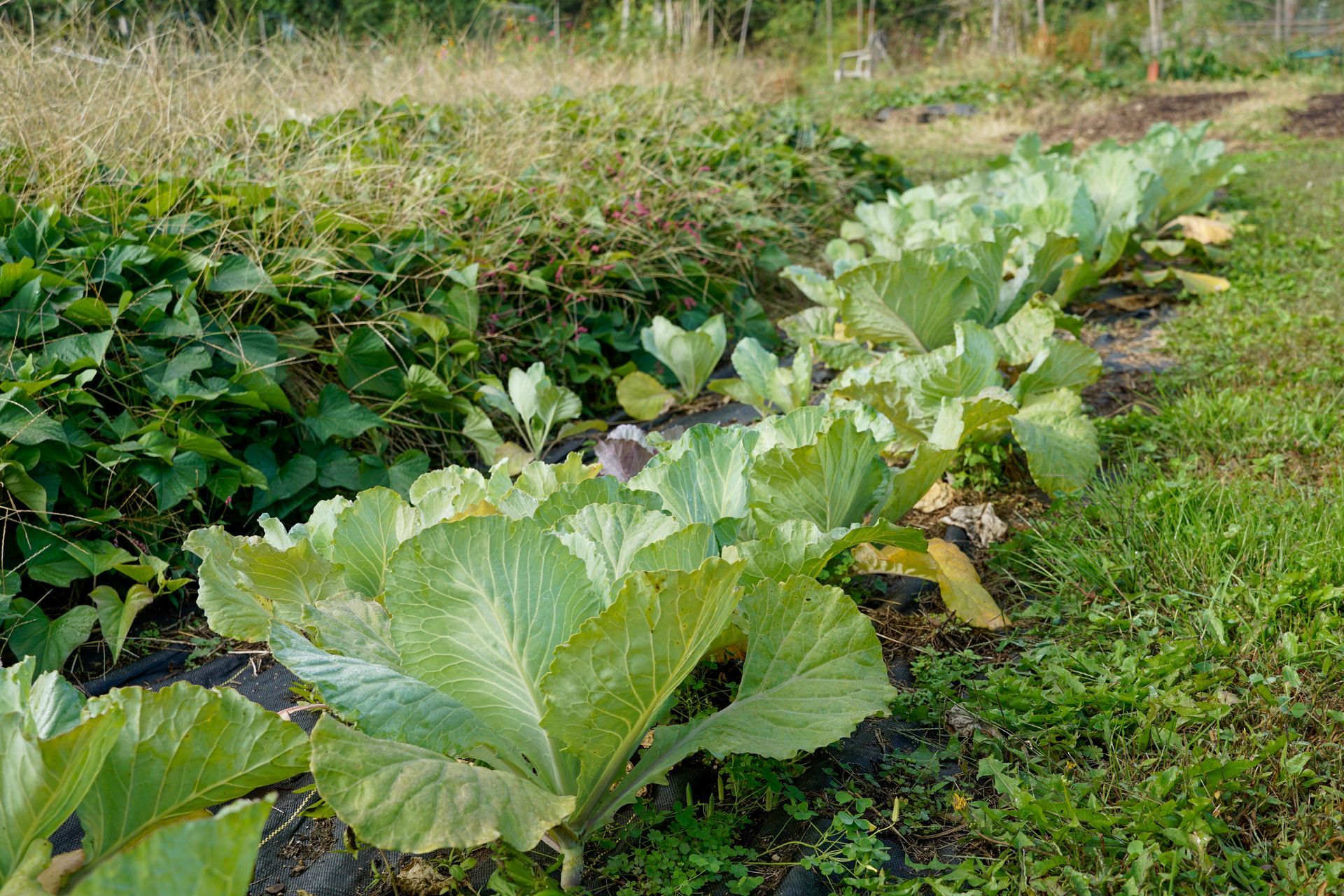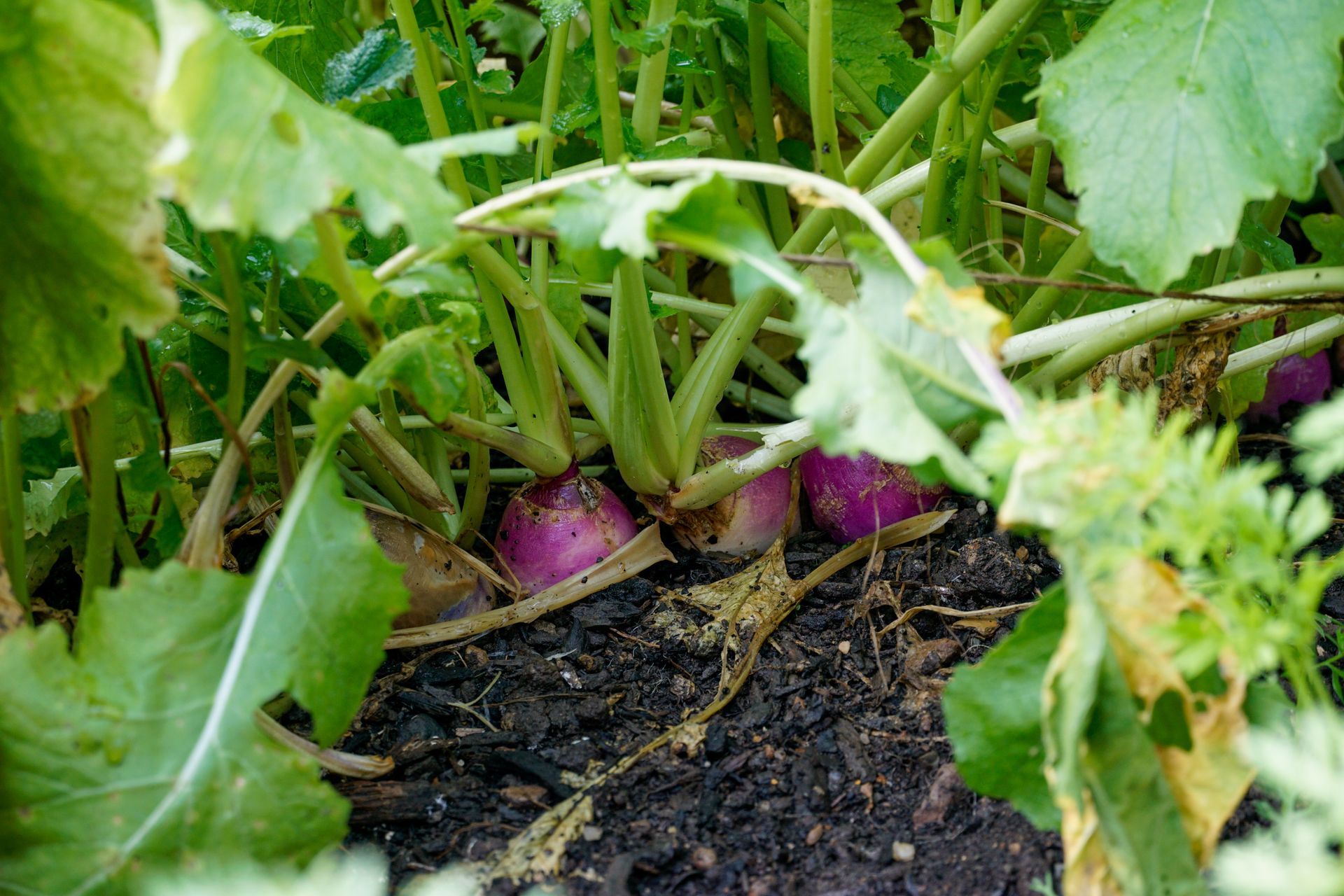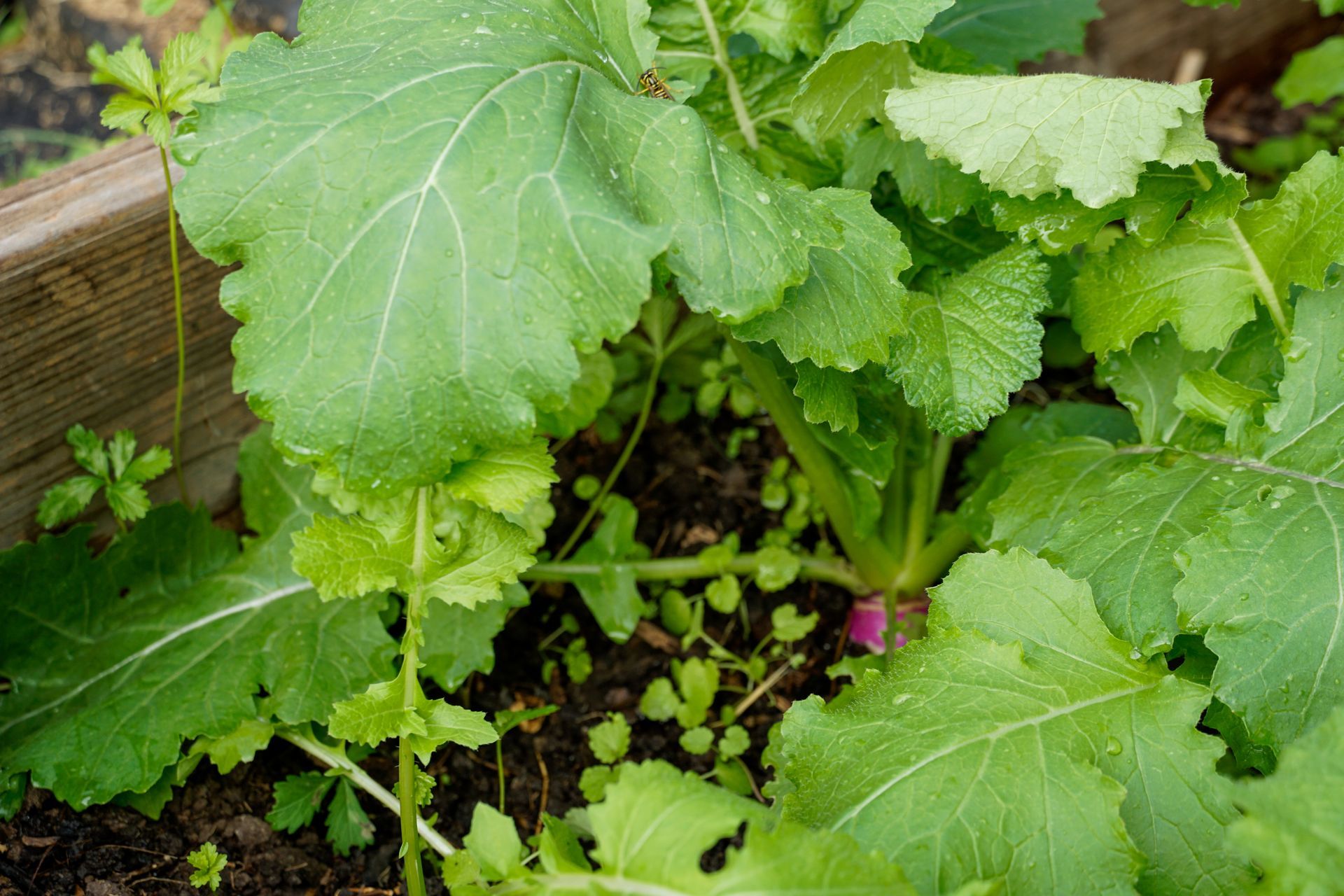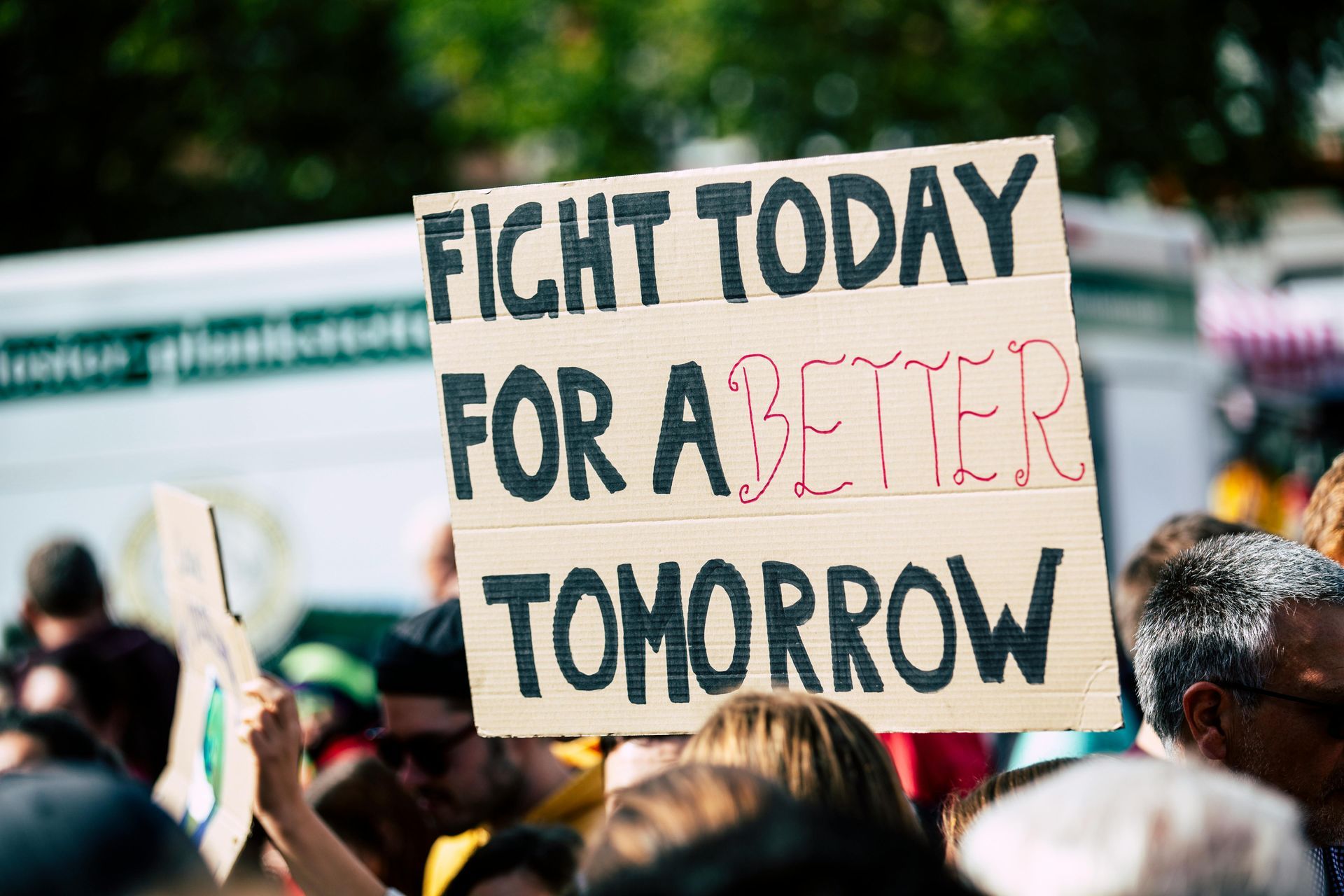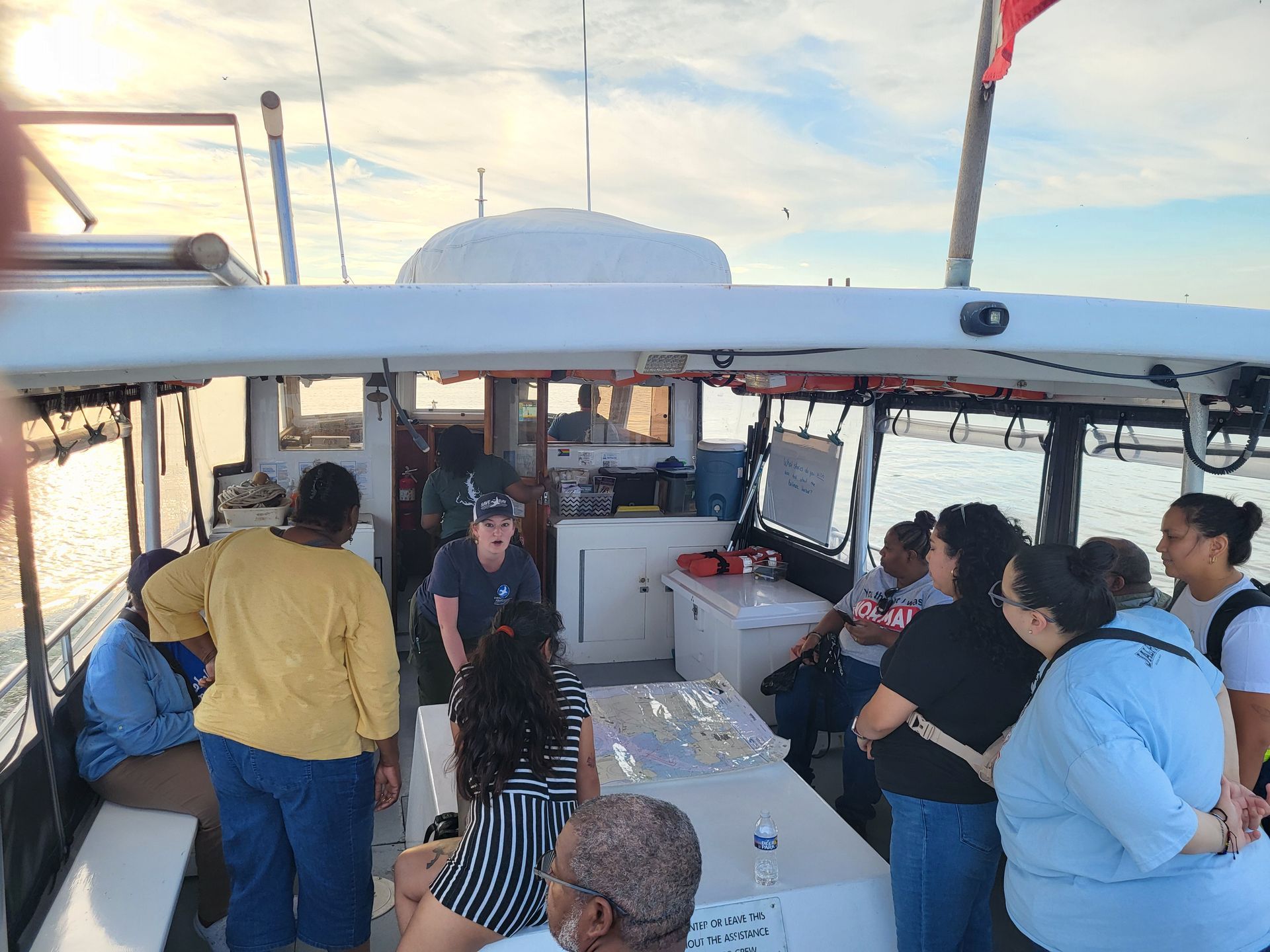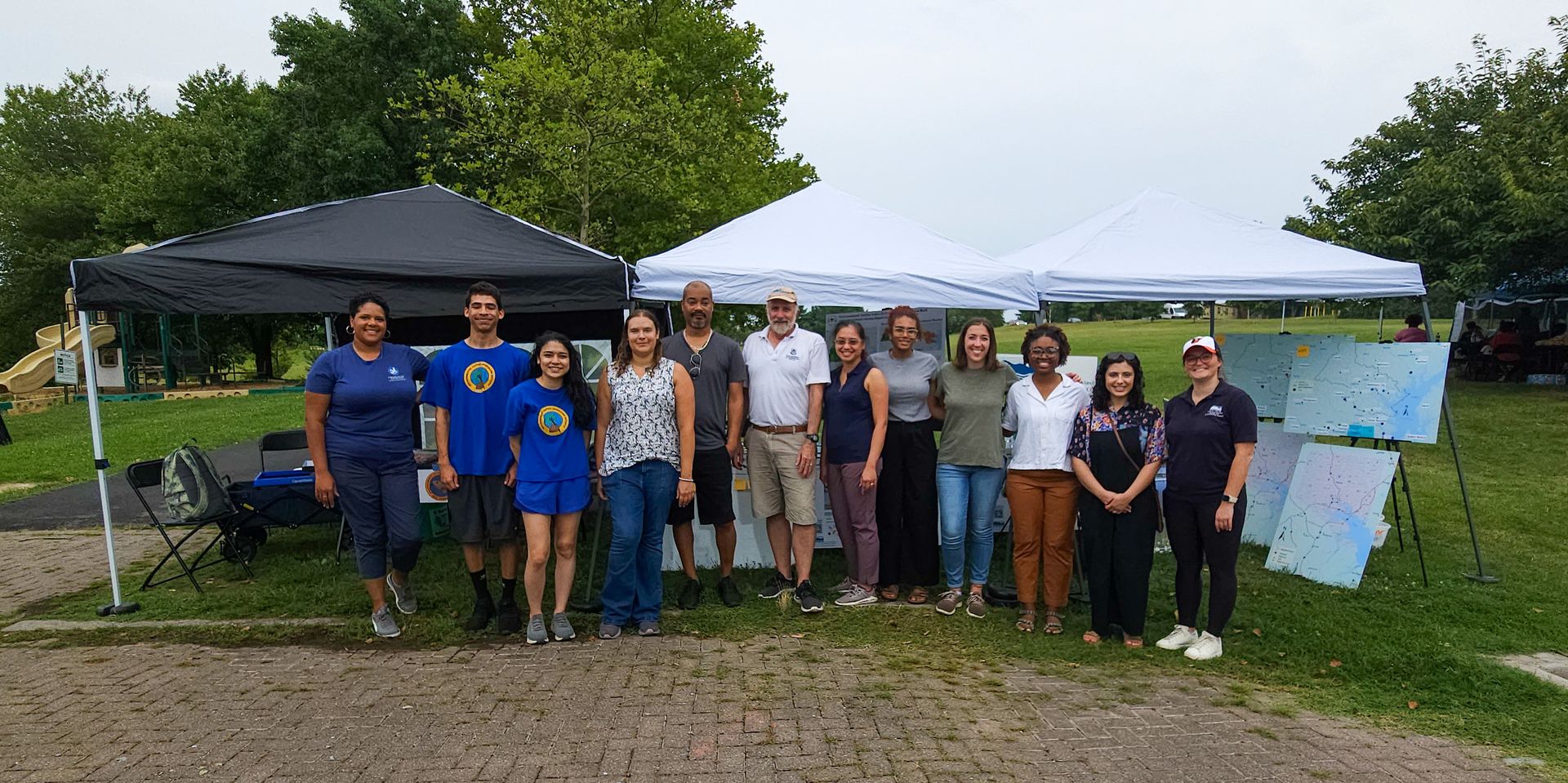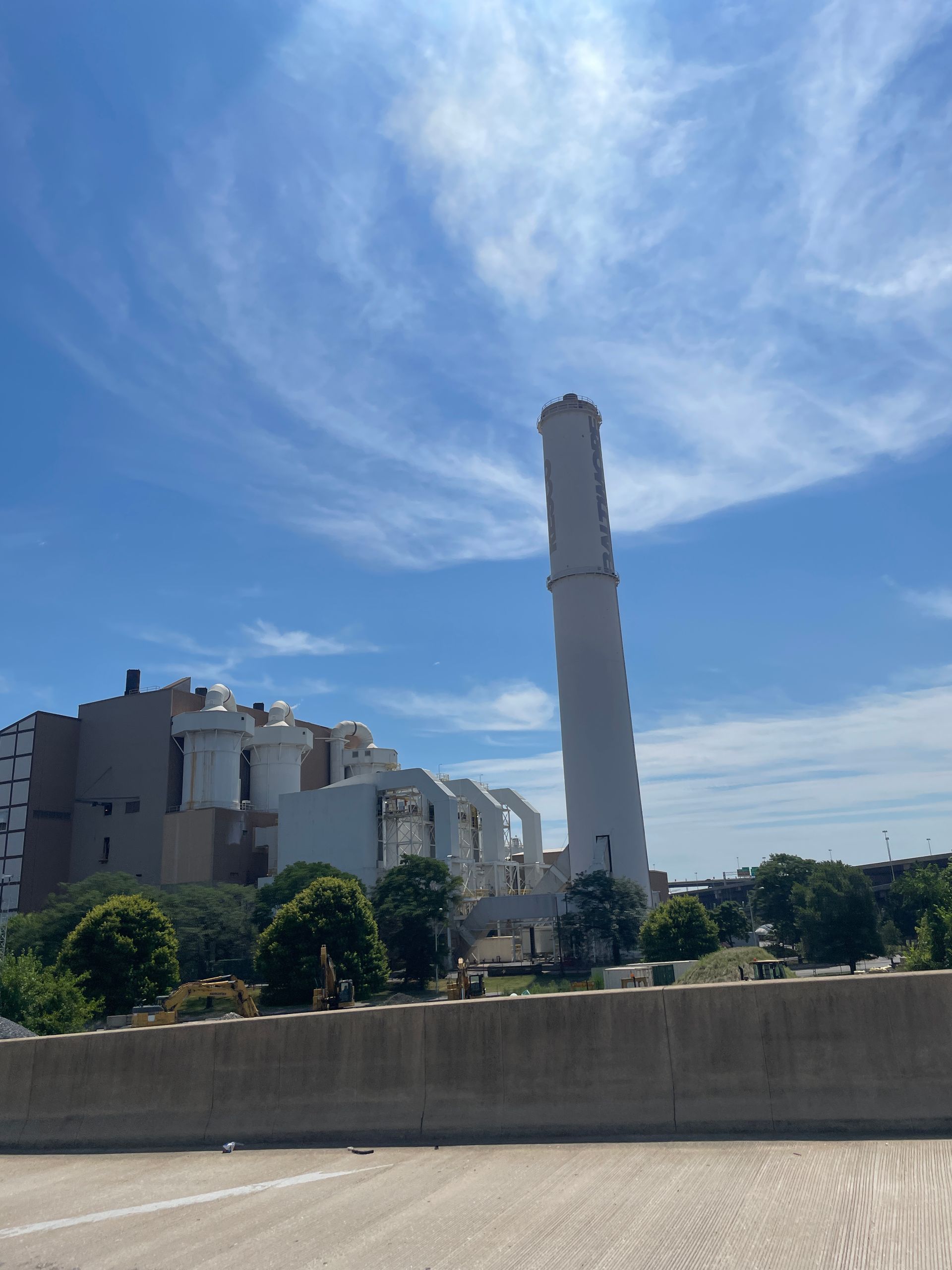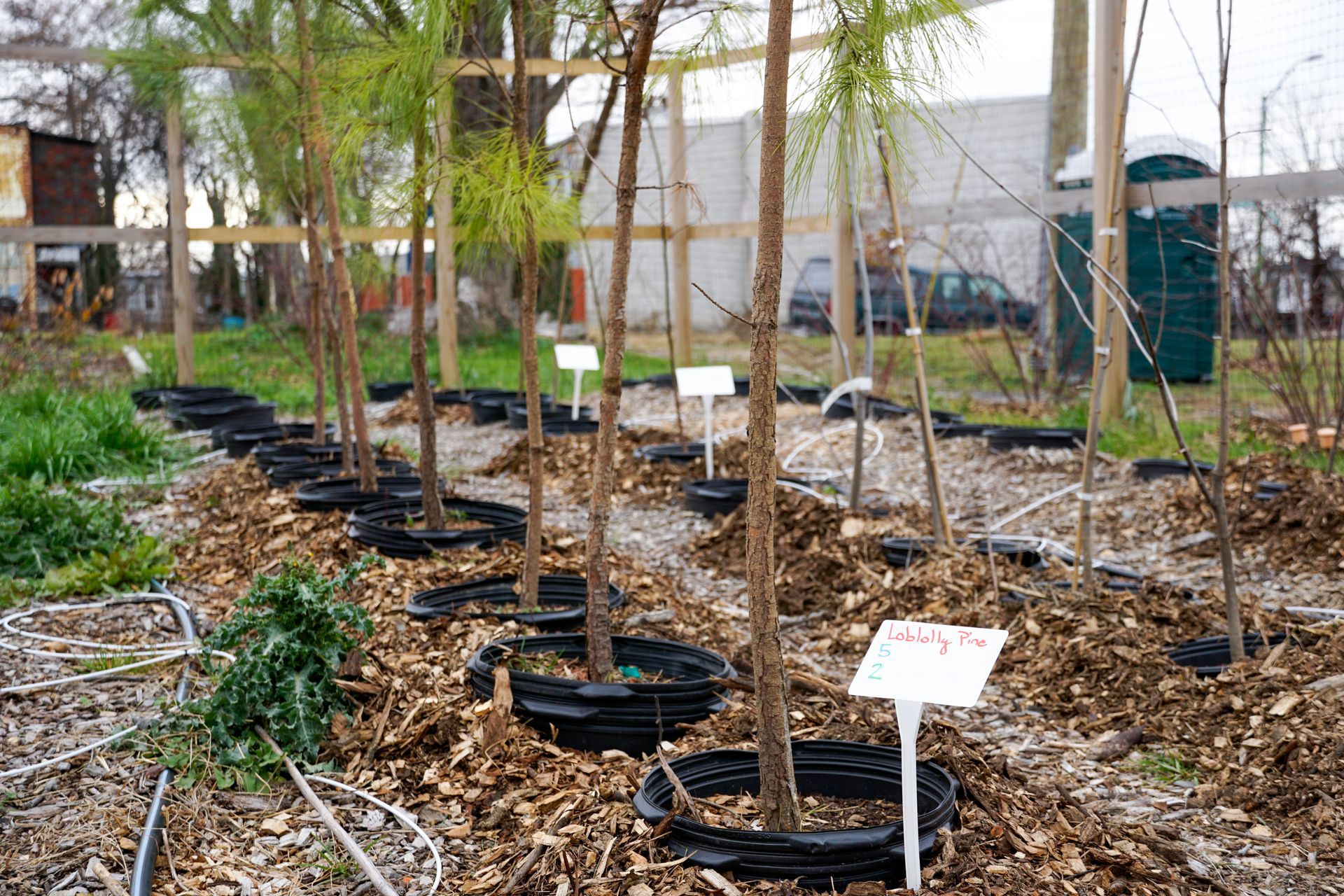Urban Farm Profile: Rock Rose Food Justice Project
Urban Farm Profile: Rock Rose Food Justice Project
HISTORY AND ORIGIN OF THE FARM
Rock Rose Food Justice Project sits on ~3,600 sq. ft. of the fenced area that contains Rockrose City Farm. Originally a community baseball field, the land became a garden for a summer youth employment program after a deer fence installation led by Mark Smallwood and Whole Foods in 2009. One year later, community members Linda and Dave Nelson proposed the idea to donate the garden’s crops to charity initiatives. The same year, community members were invited to rent garden plots and the rest of the land became the Charity Garden with formal permission from the City.
In 2012, the Charity Garden became part of the Baltimore City Farm’s program, which rents garden beds to city residents and employees. In the summer of 2014, a new fence was installed, increasing the number of garden beds and the size of the Charity Garden. After Linda and Dave Nelson moved out of the state, the Charity Garden’s land eventually went fallow until 2019 when McKay Jenkins inherited stewardship of the land.
McKay renamed the farm Rock Rose Food Justice Project and worked out a process to get the crops into the hands of community members who needed them. The farm originally handed out produce bags, and later donated to a farmer’s market-style organization, but found that too much went to waste due to lack of kitchen access or unfamiliarity with the produce. Now, Rock Rose Food Justice Project partners with
Soul Kitchen
and
Love and Cornbread to turn the farm’s produce into ready to eat meals served to residents in need.
FARM PRODUCTS AND METHODS
Rock Rose Food Justice Project is a volunteer-run farm that grows crops in over 20 crop rows, 8 outdoor raised beds, and a greenhouse. In the fall months, they grow kale, chard, turnips, carrots, lettuce, cabbage, and tomatoes. In between seasons, farm volunteers amend the land with compost made from leftover farm products, like unused carrot tops. Although nothing goes to waste, the farm imports small amounts of compost to top up their in-house supply.
The farm is functionally organic, never using insecticides or herbicides. Instead, they rely on the city-installed chain link fence to deter animals, and a team of dedicated volunteers to keep crops healthy. A self-made rainwater capture system provides much of the farm’s water supply, alongside water deliveries made by the City.
INNOVATIVE TECHNIQUES AND TECHNOLOGIES
The farm is not hooked up to city water pipes or electricity, so it relies on creativity, innovation, and low-tech solutions. The rainwater capture system attached to the greenhouse provides most of their needed water supply. All of the powered farm tools, like mowers and weed whackers, run on batteries; any other tools are operated by hand. McKay’s favorite tool is a broadfork - a large implement with multiple sharp tines and two long poles that tills and aerates soil.
COMMUNITY INTERACTION AND OUTREACH
Rock Rose Food Justice Project is run and farmed by volunteers from the community. The farm donates the crops it produces to two local food kitchens -
Soul Kitchen and
Love and Cornbread, organizations that use the farm’s donated food to create meals that are given to residents experiencing food insecurity. The farm also hosts students from schools ranging from kindergarten through college, as well as individuals and groups from the city and surrounding areas. Visitors learn about farming, food justice, and volunteerism while taking part in age- and ability-appropriate farm activities.
ENVIRONMENTAL JUSTICE ON THE FARM
As a farm that donates their crops, Rock Rose Food Justice Project tackles the environmental justice issue of food insecurity and scarcity head on. Their collaboration with their partner kitchens serves 500 meals per week to community members that are food insecure due to food deserts, lack of kitchen or electricity access, and/or economic disadvantage.
As a professor of environmental justice, McKay also utilizes the farm as a living classroom for his students, incorporating environmental justice, agriculture, and advocacy lessons during their visits. The farm itself is a practice in environmental justice as well, reducing stormwater runoff in the community and contributing no adverse land effects, such as pesticide or insecticide ground leaching.
WHAT MAKES THE FARM UNIQUE?
At Rock Rose Food Justice Project, all of the produce the farm produces is donated. This is made possible by the work of a small group of dedicated volunteers who donate their time and funds to keep the farm healthy and productive. With these volunteers, the farm went from fallow to booming in a short amount of time, producing over $10,000 worth of food per year on a very small budget.
HOW CAN YOU INTERACT WITH OR SUPPORT THE FARM?
You can follow the farm on
Facebook and
Instagram. The farm is always open to new volunteers, whether for one day or long-term. Donations are also welcome and can be sent by contacting McKay Jenkins at
mckay@udel.edu.
